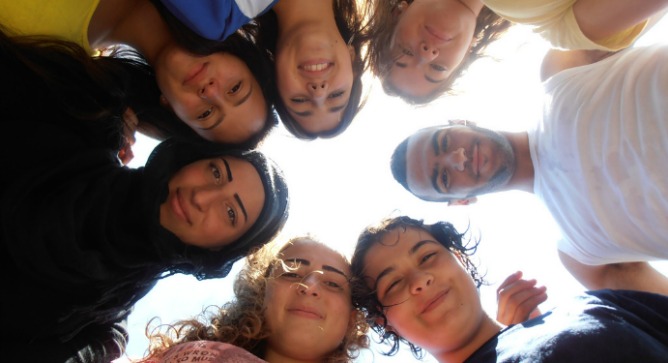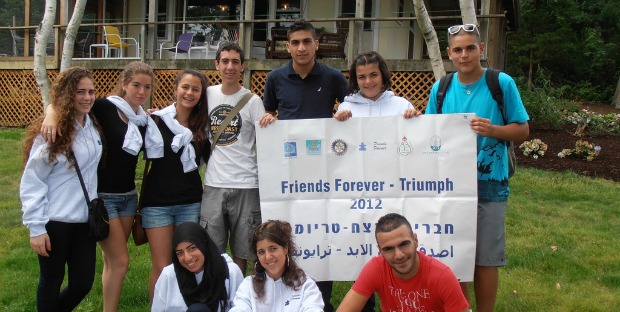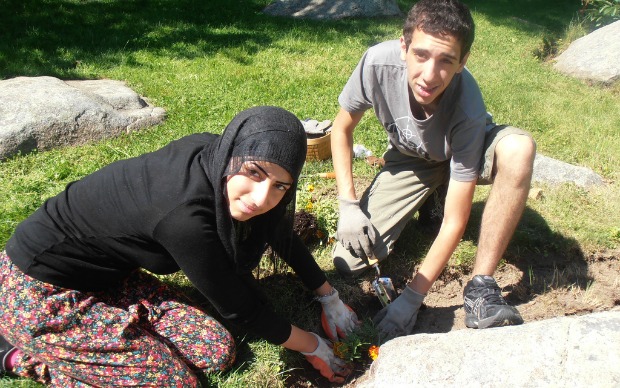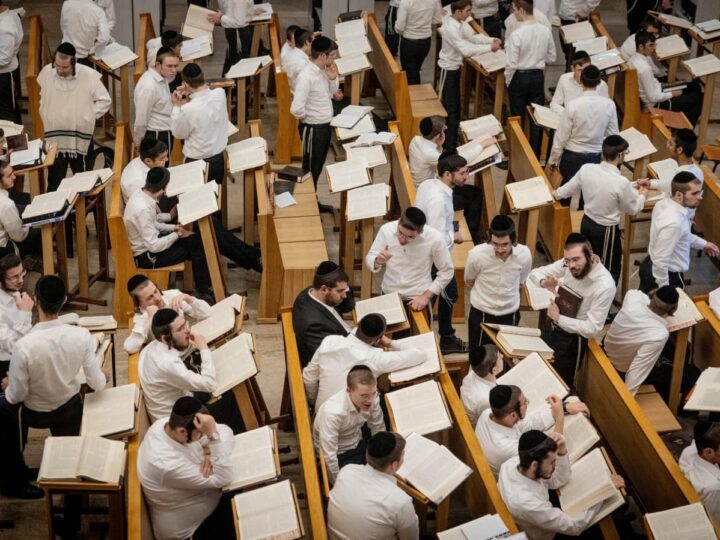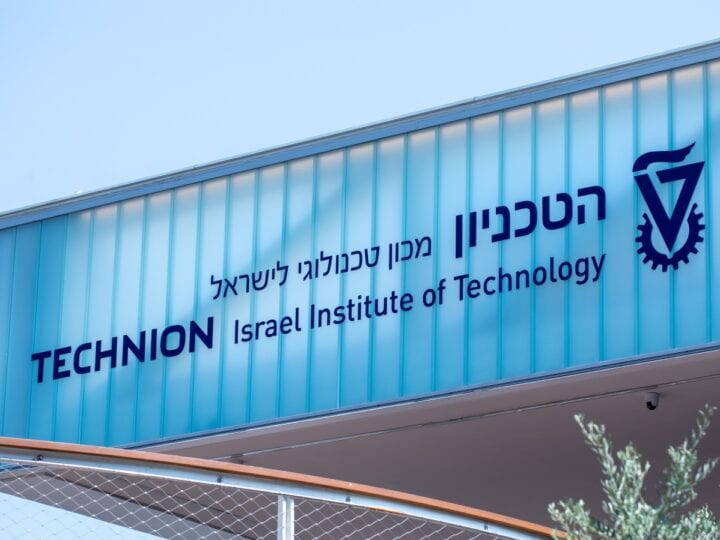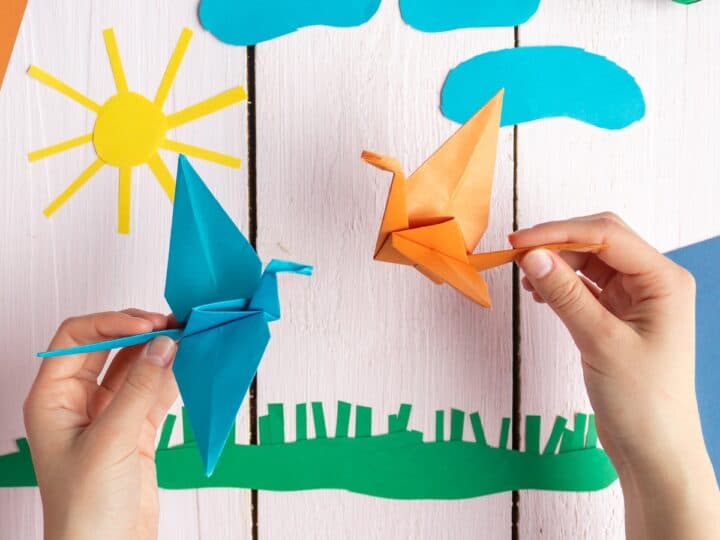Daniel Mordechai’s parents talked him into spending two weeks of his summer vacation at a New England house with four classmates from the Leo Baeck Educational Center in Haifa and five peers from the nearby Arab-Israeli Ein Mahel school.
“They said it would be a very unusual opportunity to meet the Arab population, because in everyday life there is a distance between us,” the 10th-grader tells ISRAEL21c. “It sounds surprising, but after a meeting or two, I realized they are just like us and I felt very comfortable with them.”
Spread the Word
• Email this article to friends or colleagues
• Share this article on Facebook or Twitter
• Write about and link to this article on your blog
• Local relevancy? Send this article to your local press
The Friends Forever program, originally designed for Northern Irish Catholic and Protestant teens, aims to take budding leaders out of their conflicted home territory to forge common ground. Founded in 1986 by a Rotary Club in New Hampshire, Friends Forever is now one of Rotary International’s most successful projects and began including Israelis five years ago. Three groups participated in the summer of 2012, sponsored by Rotary Clubs in Israel and the United States.
“It was the second time for our school,” says Naama Nagar, a Leo Baeck psychology and mass communications teacher who accompanied the students along with Ein Mahel teacher Fuad Habib-allah. “To me, the main goal was to have them become friends, to realize that people from different religious and cultural backgrounds could be friends.”
Working and living together
But whereas Irish participants share the same language, communication was a major challenge for these six girls and four boys from Israel.
“When we speak Hebrew they can understand, but not well, and when they speak Arabic we cannot understand them at all,” explains Guy Shilo, who now wants to learn Arabic because, he says, “we share the same country.”
“We had to decide to speak English in order to work and live together,” says Nagar, who oversaw three preliminary ice-breaking sessions between the students.
And so the teens spoke in English during two intense weeks of volunteering together, touring together and living together in a big loaner house with their teachers and a Friends Forever site manager.
“I learned a lot about myself and about how I can adapt in a group of people I don’t know and don’t have a lot in common with,” says Noam Meir, one of the Leo Baeck students chosen for the project based on exceptional leadership skills and open-mindedness.
“It was life-changing,” she tells ISRAEL21c. “I have a different outlook now. Before, I didn’t really understand Arab people. We don’t live together and I didn’t have plans to get to know them. Now I will come with a more open mind to different people and also I will try to tell my friends the same.”
The participants ran a workshop for their peers and may do additional public speaking about their summer vacation.
“We chose children with leadership skills because we want them to take this life-changing experience and deliver it to their friends and families — to be the ambassadors,” Nagar says.
Blooming friendships
Guy especially liked the ropes course, an outdoor trust-building activity. “Before, I never really met [Arab teens] or stayed with them in the same room, and now I know it is possible,” he tells ISRAEL21c.
He and Daniel said one of the high points of their trip was a visit to a mosque, where the Jewish girls in the group voluntarily donned headscarves out of respect. “I was never in one before and probably never will be again,” Daniel reflects.
They also toured Cape Cod, Denver, Boston, Gloucester and a North American Indian site, volunteered in a hospital, visited a synagogue and spoke at local Rotary Clubs.
The members of the group are in contact through Facebook, and anticipate several face-to-face meetings during this school year.
“We will be going to each other’s schools and having activities together, even just going to movies together or eating together, which is even more important,” says Nagar. “This is what really builds the connections.”




